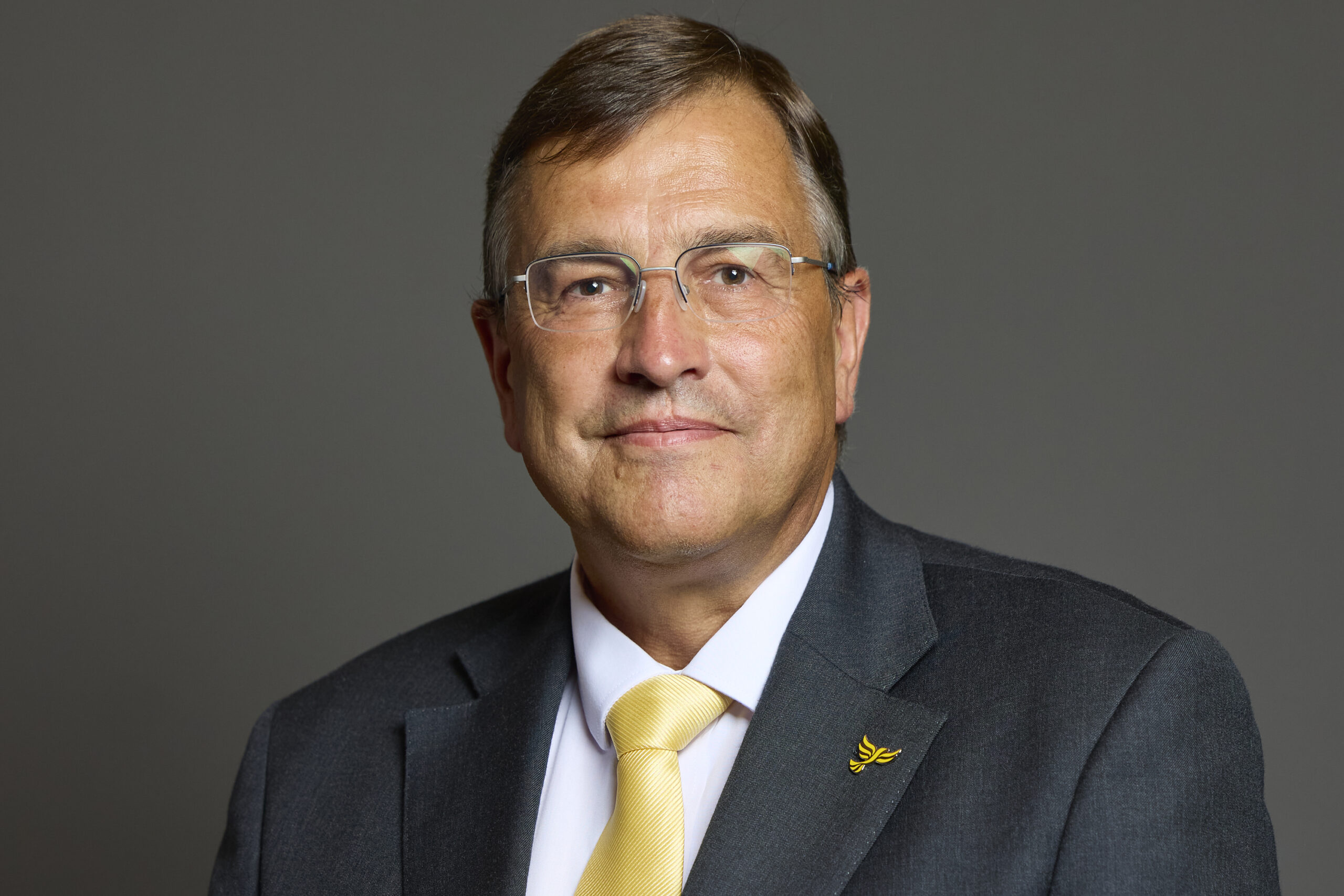GPs are the front door of the NHS. They diagnose and treat illness, prevent disease, and provide vital mental-health support. They are the first point of call when a person is feeling unwell, they offer so much more than a diagnostic and referral service, they truly are the cornerstone of both the health service and local communities.
On Wednesday 25th June, there was a debate in the Westminster Hall laying out the issues in the current funding of GPs.
In recent years GP practices have been squeezed to the point of near collapse. Reduced funding, expanding patient lists, increasing duties and responsibilities; this has led to a service that is under extreme pressure, with many practices facing closure.
The GP funding model is both complex and obscure. It is broadly based on two elements – a Global Sum for core service costs and additional Quality and Outcomes Framework payments.
Essentially the Global Sum starts as a tiny payment of £121.79 per patient per year, less than the price of a standard veterinary check-up, or around one third of the cost of a service for a Renault Megane car.
It is then reduced by the use of the Carr-Hill Formula. This formula takes funds away from areas of deprivation – especially with a population of young families – the inverse care law where the more the need – the less the funding.
The resulting amount of this complex funding mix is simply not sufficient. This is a view held by every single one of the local district’s 28 practice mangers that I met in my constituency.
They tell me that this means the GP settlement this year leaves the general practice service unfunded, unsustainable and unsafe.
In my constituency, the Buckland Surgery looks after 4,000 people yet is only funded for 3,200. The surgery faces an annual shortfall of approximately £84,000.
Instead of finding ways to support GP Practices, so far this year the Government are forcing ever more unsustainable ways of working on them.
From October practices must hold open “digital front doors” all day for non-urgent requests. This will ensure there is no capacity to see urgent cases, such as an elderly patient who has fallen, or a toddler with a fever of 40°, taking us back to the days when you couldn’t get a doctor’s appointment for weeks, whether it was urgent or not.
All of this has lead to talented doctors leaving general practice. The Partnership model, which is still the cheapest and most community-rooted option, is no longer attractive when partners shoulder unlimited liability for premises, pensions and payroll yet cannot guarantee safe staffing levels.
In my constituency the inability to attract new GP partners has led to four GP practices merging into one in Teignmouth; and in Newton Abbot a practice was on the verge of handing back their patient list as their current partners were retiring and no replacements could be found.
Despite all these challenges, practices in my constituency are still doing amazing things.
For example; the Kingsteignton Medical Practice are partnering with the charity Kings Care to create a model that is delivering great service for patients.
And the Buckland surgery is seeking to link with the local school, to tackle adverse childhood experiences before they turn into permanent ill-health, proving better family support. That surgery already links to a number of local support services through the Buckland Hub.
At the end of the debate, the Minister agreed with the points laid out, and said that Government would be changing the GP funding formulas.
We succeeded in getting the Government to commit to review and reform the outdated Carr-Hill formula, in order to ensure fair, equitable and appropriate funding for GPs across the country.
The Minister has also committed to review the allocation of funds throughout the ICBs, which will further underpin the work that GPs undertake.
Whilst this is a win for now, I will continue to monitor the situation and continue to be a voice for my constituents and hold the Government to account.
Colleagues across the House know that general practice is the glue of the NHS and that we should give GPs the tools—and the funding—to do the job they trained for: keeping our communities healthy, resilient and thriving.
I am delighted that the Government has listened and that we don’t have to wait for another surgery to hand back its list before we act.
Funding increases in secondary care whilst starving primary care has the unwanted effect of forcing more patients to turn to A&E rather than seeing their GP. This is the reverse of what we all want, so the result of this debate is one to celebrate!


